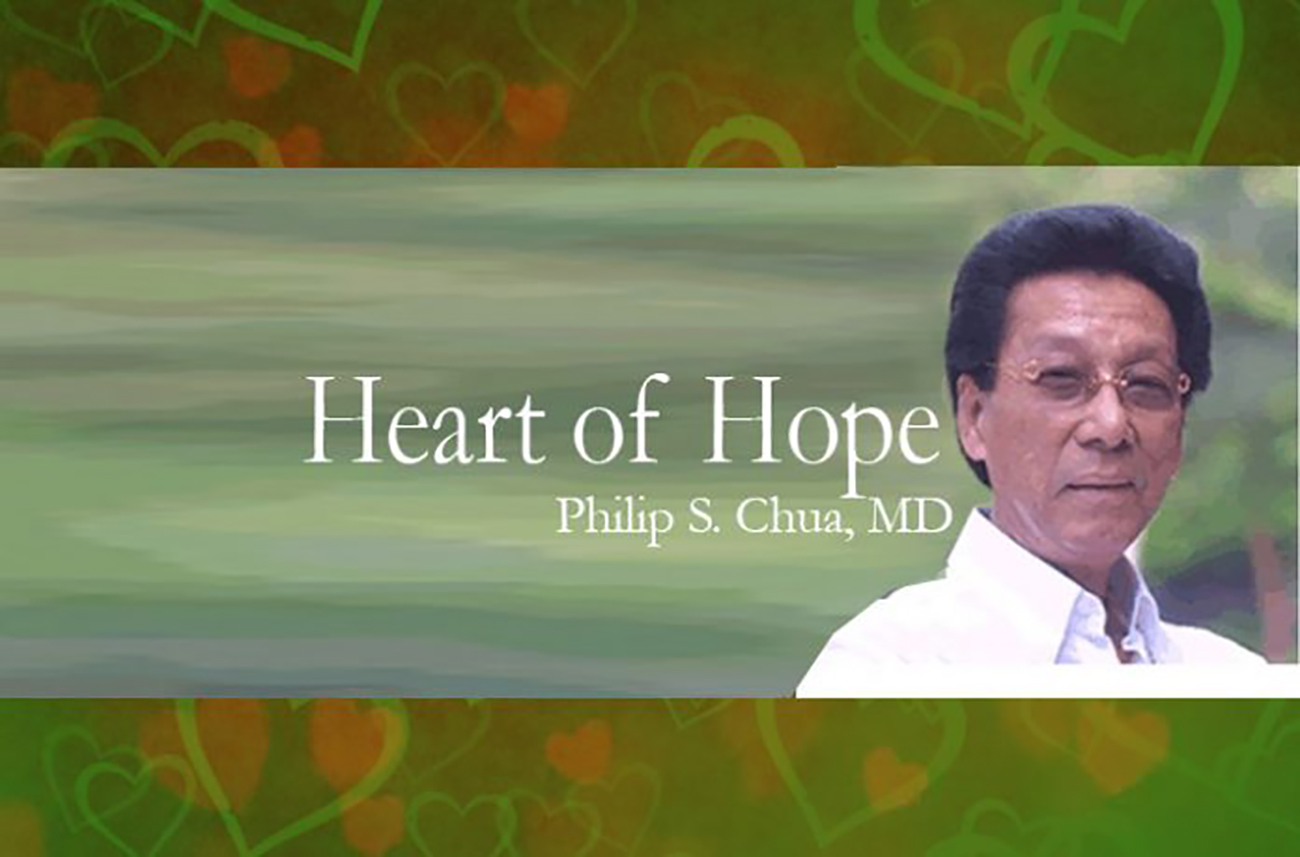‘Smoking kills. It is that plain and simple. There is no more doubt today that tobacco (cigarette smoking) is the predominant cause of lung cancer…’
THE World Health Organization, starting in 1987, observes “World No Tobacco Day” on May 31st each year to remind people around the globe about the deadly effects of smoking and to inspire smokers to quit the habit as a part of a healthy lifestyle.
The smokers and their family and other people around them are impacted directly and indirectly by this addiction. Globally, there are still about 1.25 billion smokers. Smoking is the leading cause of preventable death, killing 5 million persons around the globe annually, roughly 22,000 die per day. This is extrapolated to increase to 8 million deaths each year by 2030. And the greater tragedy is that this massive loss of lives could be prevented by the pre-emptive option of abstaining from tobacco or quitting the habit.
At least 321 Filipinos die each day, yes, each day, or about 118,000 a year, from smoking-related illnesses, cardiovascular, pulmonary, metabolic diseases, and cancers, especially lung cancers. In Malaysia about 27,000, and Vietnam at least 100,300, die annually from tobacco-related conditions. Indonesia’s death toll is the worst: about 300,000 a year.
The sad fact is that official global tobacco youth survey has revealed that the prevalence of smoking among the 30 million Filipino youth is around 13 percent (3.9 million).
Smoking kills. It is that plain and simple. There is no more doubt today that tobacco (cigarette smoking) is the predominant cause of lung cancer, besides other malignancies and cardiovascular diseases that maim, kill men and women and hurt our society, especially our children.
In the United States alone, almost half a million die each year from smoking-related illnesses. Demographic studies have shown that smokers are about 10 times more prone to die premature deaths than non-smokers. This unnecessary loss of lives is at an immense direct cost for non-smokers in terms of increased health risks from passive smoking, in higher health insurance premiums and taxes, not to mention personal and family tragedies in all shapes and forms.
As we have indicated in a previous column, secondhand smoke is even more dangerous. Innocent bystanders are forced to inhale cigarette smoke at their workplaces or in public places, thus increasing their health risk. Engineers of the US Environmental Protection Agency have shown that even the best available ventilation and air-moving equipment were unable to reduce carcinogenic (cancer-causing) air contamination to a safe level for a non-smoker sharing work space with a habitual smoker. This is like designating a corner of a swimming pool as a “urinating section.”
If you think about it, governments are enabling peddlers of drugs (nicotine and other chemicals in cigarettes) in the name of profit (or bribes?), wantonly sacrificing their citizens’ health and future, shortening people’s lives, wasting trillions of pesos or more of expenditures for research as to how to fight the habit, how to cure the tobacco-induced illnesses, including heart disease, stroke, diabetes, hypertension, and cancer, etc. Allowing the development of addiction and diseases, and then finding a way to fight the addiction and the diseases it causes, is plain stupidity.
I shall defend the right of people to smoke if they so choose, so long as they respect and do not abridge the right of the non-smokers to protect themselves from the more deadly health effects of secondhand smoke. Those who defend smoking are misinformed or are in denial, and doing a great disservice to the public, especially to the youth.
Unfortunately, the senseless global smoke-filled “killing field,” protected by governments “in the name of revenues (more like for bribes),” will continue. It is, indeed, most tragic for the non-smoking victims.
As a cardiac surgeon, I find the solution too obvious to ignore, equally obvious to billions of non-medical people (including school graders) with common sense: Eliminate the darn cause, get rid of the poison! Then, you don’t have to do expensive research searching for the “antidote” or finding the cure (which is not possible for those who don’t stop inhaling in poison).
Instead, save billions in each country and spend the money to eliminate graft and corruption among government officials and eradicate poverty among the destitute, homeless and hungry. This way, we can even have these added bonuses: a smokeless society, a healthier citizenry, a nobler and more compassionate nation, and a less polluted environment, ecologically friendlier to Mother Earth!




